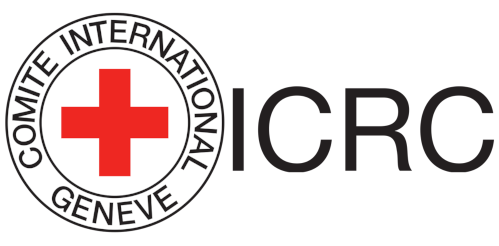Infection Сontrol in Ukraine
Non-Governmental Organization
control
antibiotics
PRIORITIES
activities of the NGO “Infection control in Ukraine”
Infection control is a set of measures aimed at preventing infection during the provision of medical care.
Measures include timely vaccination and revaccination, use of personal protective equipment, compliance with the rules of personal hygiene and prevention, annual medical examinations, etc.
A complex epidemic situation requires paying increased attention to preventing the spread of infections and increases the requirements for the quality of disinfection of medical products, instruments and objects of the hospital environment. Therefore, in all medical facilities, especially in surgical hospitals, maternity homes, intensive care and intensive care units, measures are taken to ensure infection safety.
The implementation of an infection control program in health care institutions first of all requires the commitment of management, and should also include three main components:
1) the presence of a team capable of implementing an infection control program;
2) availability of a clear implementation plan;
3) ensuring the full amount of financing.
Antibiotic resistance occurs when microbes, bacteria and fungi develop the ability to overcome the drugs designed to kill them. This means that the microbes do not die and continue to grow.
Infections caused by antibiotic-resistant microbes are difficult, if not impossible, to treat. Most often, antibiotic-resistant infections require a long stay in a hospital, additional visits to the doctor, and additional funding.
Antibiotic resistance does not mean that the body becomes resistant to antibiotics; it's that the bacteria have become resistant to the antibiotics designed to kill them.
Antibiotic resistance has the potential to affect humans at every stage of life, as well as healthcare, veterinary medicine and agriculture, making it one of the most pressing global health problems.

Cooperation in the fight against
infections!
Consultation of our specialists
Our international partners
Our team













Do you have a question for us? Do not waste time, order feedback or send us a message!
Consultation with our specialists
NGO "Infection control in Ukraine"
helps prevent healthcare-associated infections and antibiotic resistance.
The main goal of the organization is:
– association of specialists, scientists, activists in the field of medical science and health care practice for the development, improvement, clarification, and promotion of the implementation of norms for ensuring the safety of the population from infectious diseases, including related to the provision of medical and psychological assistance;
– professional association, consolidation, strengthening and development of professional ties and humanitarian contacts between medical specialists involved in solving infection control problems related to the provision of medical and psychological care, epidemiologists, hygienists, microbiologists , immunologists, specialists of the clinical laboratory of disinfection, doctors of various clinical specialties, clinical pharmacology, health care organizers, nurses and nursing organizers, as well as manufacturers and sellers of various means for diagnosis, treatment and prevention of infections, medical products and equipment, specialists other institutions and departments;
– promoting the development of medical science and health care practice to ensure the proper quality and safety of medical and psychological assistance to the population and the prevention of infectious diseases, including related to the provision of medical care.



















